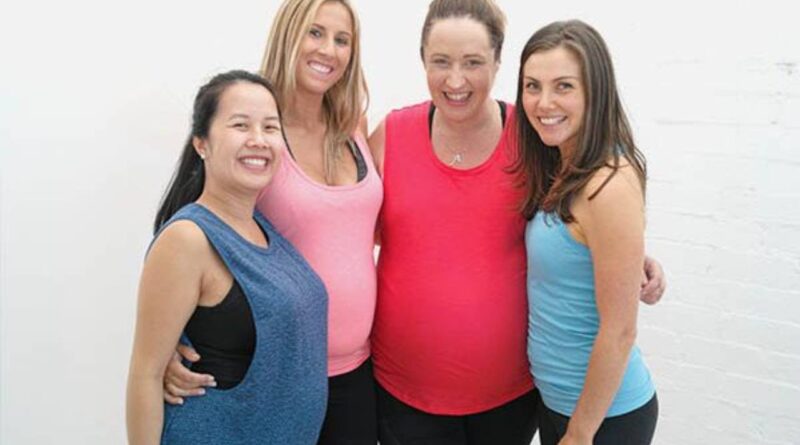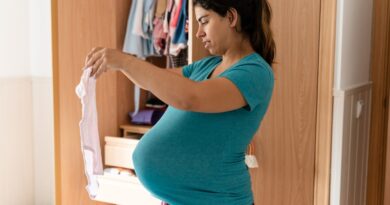You Deserve the Best Postnatal Care
Postnatal Care
Your recovery after childbirth is a difficult time! And what is important for you is that you are getting the right postnatal care you deserve.
You have experienced a complete change in your life as you know it! There is a lack of sleep and lack of independence.
You Deserve the Best Postnatal Care
This postpartum recovery period is very important. You are a mother with a baby that depends on you, and this may mean you have prioritised yourself less.
It is an emotional roller coaster ride. Just know that it is OK to not be perfect. Actually it is essential to not aim for perfection; because no one is! Whatever or whomever you are comparing yourself to – stop.
Postnatal Care You DESERVE – Invest in YOUR Own Health!
You are the Most Amazing Mother!
Keep reminding yourself that you are amazing. You created and gave birth to a baby! Even when you are feeling down, remember this. Also remember that you are worth the changes that you are now making.
You are Important!
Your health and well-being is crucial to the health of your baby and of your family. Although it seems like there is absolutely no time in your day, prioritise 5 minutes to yourself.
Fifteen minutes is all it takes to do the Postpartum Workouts.
That is your starting point of the postnatal recovery, so prioritise it, otherwise you will never start and you will look back and regret that you did not do this earlier.

One Step at a Time!
Go one step at a time and you will make it (even if you feel that some days you are taking two steps backwards). Just remember, you are worth it.
Ideally the time to start planning your postnatal care and recovery program is when you are in your third trimester. However; when you are pregnant, all your focus is on having a healthy pregnancy and planning for delivery.
It is vital you start to ’empower yourself’ with the knowledge of ‘what to expect post pregnancy.’ This post will provide you with some postnatal care tips to help you take care of yourself.
If you not prepared for life after birth then you will likely be faced with some unexpected changes. Not to mention, some experiences that may cause you some stress and anxiety.
By planning in advance, you will be better prepared to face whatever possible post pregnancy complications or physical changes you may experience.
Postnatal Care
This knowledge will empower you to then be able to implement the best strategies to improve this healing process.
How Long Does It Take To Recover After Childbirth?
Your recovery after childbirth can take up to 12 months and even longer in some circumstances.
Obviously, the immediate 12 weeks after childbirth will be the most important as your body recovers from some significant and dramatic body changes.
This period is very important to help your body heal and recover. You need to avoid doing any additional harm.
This includes trying to get back into your pre-pregnancy exercise workouts.
Remember, your body undergoes a huge transformation to deliver and expel a baby. So you need to give it the time to heal!
Related: How long to heal diastasis recti
Postnatal Care Tips to Recover After Birth
1. Postnatal Recovery is about Starting Slowly!
Starting slowly under the recommendations of your doctor is the first rule. If you have had a caesarean your recovery will be different again. If you try to go too hard too soon, you may cause significant physical harm. This will only delay your recovery.
2. Heal Diastasis Recti with Safe Exercises
A common physical change for many women is a separation of the abdominal muscles also known as a diastasis. Your health care professional will check for this immediately post birth and also during regular postnatal check-ups.
You may be referred to a physiotherapist (physical therapist) to help you in the healing of this separation.
3. Rest, Relax and Slow Down
Relaxation is a key component of our postnatal programs. Just as physical recovery is important so is being able to recover emotionally and mentally.
If you experience any signs of postpartum depression please speak to your doctor immediately. Every mother can benefit from taking some time out to rest and relax. This is why I have created my ‘rest and relax’ audio for you.
4. Pay Attention to Bleeding
Bleeding is a sign that you need to pay attention to. If you are still experiencing significant bleeding then consult your doctor.
And avoid any high-impact exercises or movements.
5. Strengthen Your Pelvic Floor to help Stop Unwanted Leakage
Strengthen your pelvic floor during pregnancy will go a long way in helping you post pregnancy.
If you are performing potentially harmful movements or exercises (planks, crunches) then you may be increasing the pressure on the pelvic floor. Which may inhibit healing or even lead to a chance of organ prolapse.
6. The Hormone Relaxin Can Soften Your Ligaments
There is a hormone called ‘Relaxin‘ which is responsible for softening the ligaments and joints during pregnancy and childbirth.
This can stay in the body for up to six months postpartum which can lead to unstable joints and a loose pelvis. If you are performing high-impact, contact or intensive exercise movements you may cause yourself some serious injury.
7. Drink Plenty of Water to Stay Hydrated
It is very important to stay hydrated. This becomes more important as you are breastfeeding. I always recommend that you have a bottle full of water accessible at all times so you can stay well hydrated.
8. Variety is the Key to Staying Motivated!
My PregActive weekly exercise workouts are where you should start when it comes to getting back into a recovery and exercise program.
Along with our sessions, you can also go for some walks, swim or participate in an approved PregAqua class. These aqua classes provide a great form of postnatal exercise due to buoyancy.
9. Stock-up on Disposable Mesh Underwear
Disposable underwear will keep your own good underwear from getting ruined. They are also waistband-free so they will be less likely to irritate your C-section incision if you had one.
You may experience vaginal bleeding (called lochia) which can be heavier than a typical period.
This is due to bleeding from the site where the placenta was attached. As well as shedding the thick layer of uterine lining that cushioned your baby.
10 Build Your Support team – Ask for Help!
You will undoubtedly be sore after the birth and throughout your recovery period. I want you to accept help from family and friends. This includes cooking meals, doing the laundry or looking after your other children.
If you have diastasis recti, then you will need to start participating in safe diastasis recti exercises. But only once given approval by your doctor.





